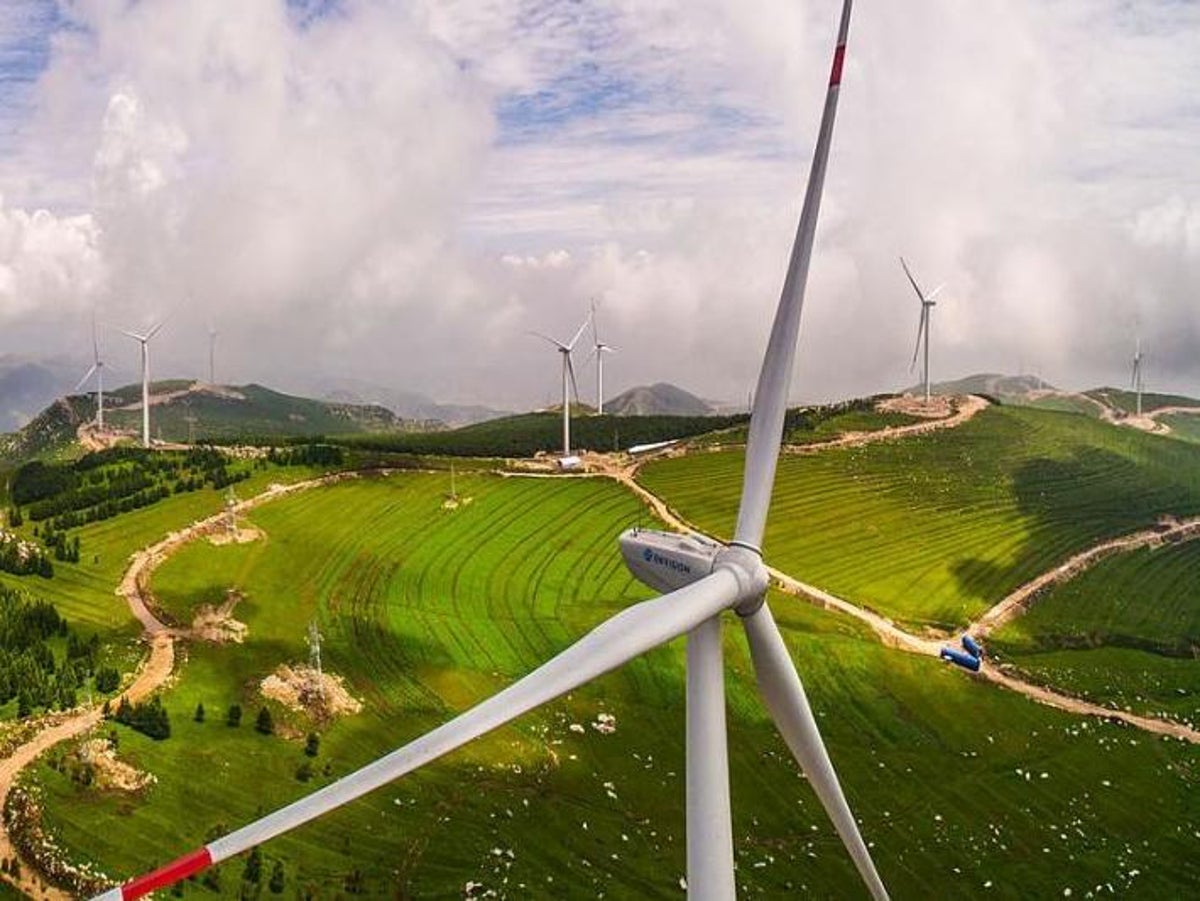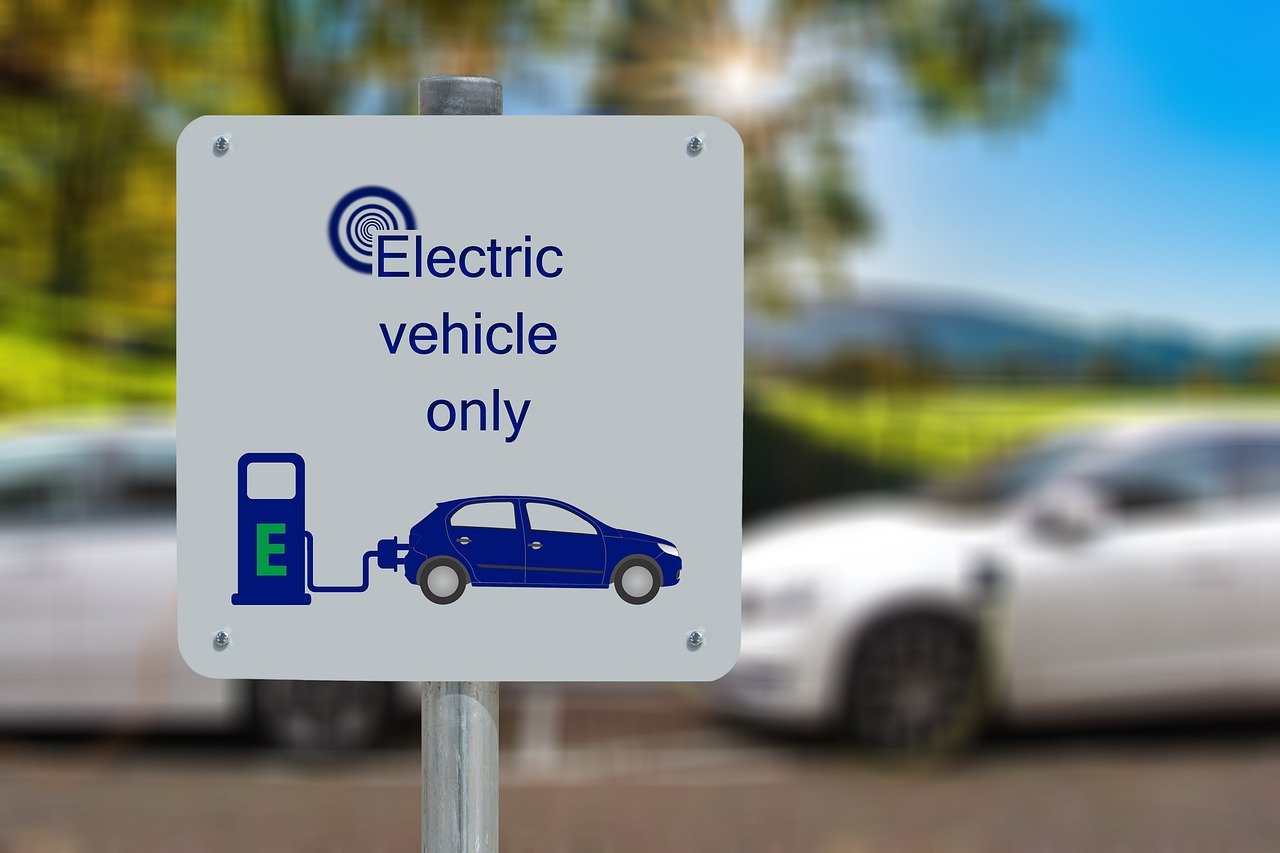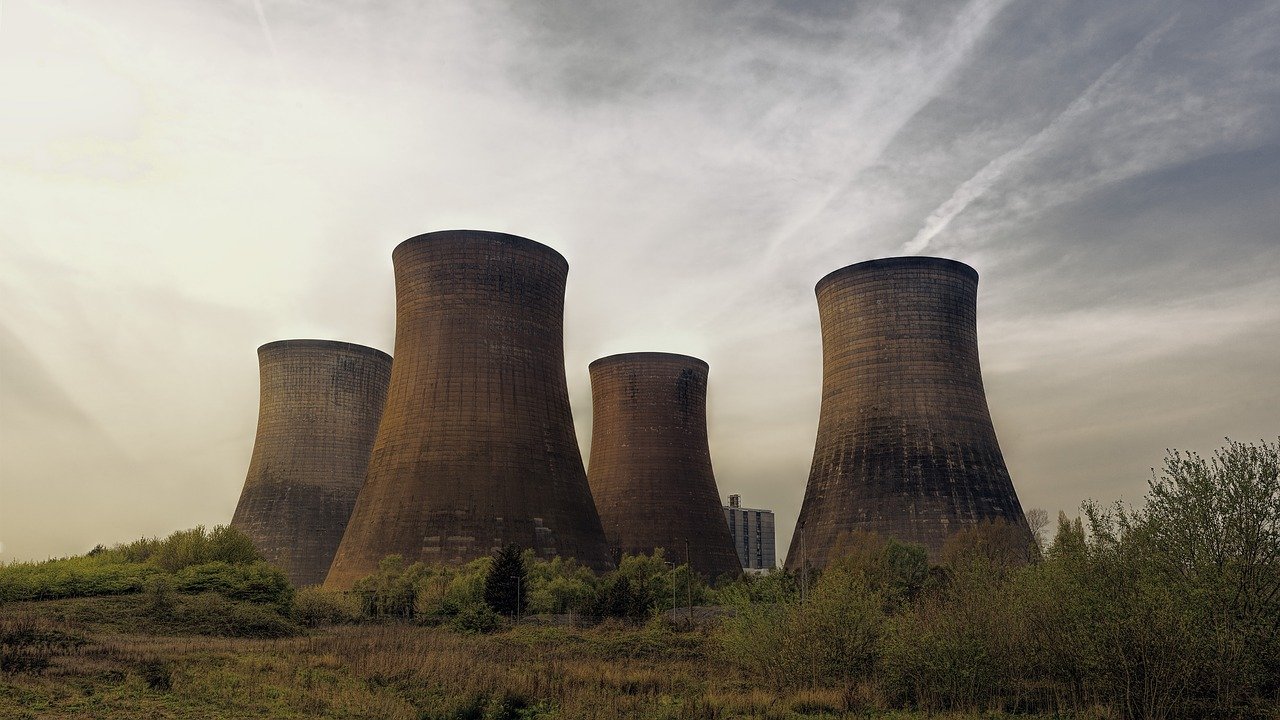
This is a repost of this news article written by Neil Vowles for the Sussex news page.
Earlier today, Prime Minister Boris Johnson announced his ten-point plan designed to lead the UK towards net zero by 2050.
The plan includes a ban on combustion engine sales by 2030, quadruple offshore wind power to 40GW by 2030, boost hydrogen production with the promise of a town heated entirely by hydrogen by the end of the decade, a £525 million investment towards new nuclear power and support for greener energies in the aviation and maritime sectors
The government is also proposing £1bn next year for funds to insulate homes and public building and plans to install 600,000 heat pumps a year by 2028, an extra £200m invested in carbon capture initiatives, 30,000 hectares of trees planted every year, a pledge to make London “the global centre of green finance” and moves to promote public transport, cycling and walking.
Experts from the Science Policy Research Unit (SPRU) at the University of Sussex Business School have been reacting to the news throughout the day and analysing the positives and negatives of the proposals.
Steven Sorrell, Professor of Energy Policy, said: “This is a really important statement. It is a clear signal of the priority given to tackling climate change, and a significant step on the road to COP 26.
“The ban on new internal combustion engine vehicles by 2030 is game changing – one of the most ambitious targets in the developed world.
“The proposals demonstrate the opportunities opened up by innovation over the last few years. To be effective and politically feasible, policy must link industrial, economic and environmental objectives. These proposals seek to do that.”
Andrew Stirling, Professor of Science & Technology Policy, said: “However many points the Prime Minister may want to include in his plan, there remain some intense challenges if the Government wishes to be seen as serious either on UK energy needs or net-zero strategies.
“If the Government is serious about the net zero imperative and the crucial importance of a robust UK energy strategy, then it cannot simply ‘do everything’. Diversity is an essential quality. But a rich plurality of renewable and efficiency options means this can be achieved without any single option having an automatic place. To spend money on slower or more costly options will divert support from those that are more effective. The plan needs to be clear about this.
“With no white paper in more than twelve years of extraordinary change in global energy markets, it would make sense for the Government to first publish its analysis, before committing to its actions. To do otherwise looks like an effort to undermine scrutiny – reflecting a fear in Government that its actions are out of kilter with the realities.”
Dr Marie Claire Brisbois, Lecturer in Energy Policy, said: “Support for hydrogen will be very useful for sectors that require high energy density such as industrial processes or long distance transport.
“However, the support for hydrogen home heating is not a good use of public funds. Direct electricity use, most likely in the form of heat pumps, is far more energy efficient and cost effective for home heating than hydrogen.
“While hydrogen for home heating will help replace vanishing revenue streams for incumbent gas companies, it will be much more costly than it needs to be for those paying household bills. It’s quite easy to see the results of industry lobbying in this announcement – but it isn’t matched by sound fiscal or thermodynamic arguments.”
David Ockwell, Professor of Geography and member of the Sussex Energy Group, said: “Whilst the ambition is welcome, there is a risk that this ten-point plan fixates on technical fixes, whilst completely ignoring the significant socio-cultural and political dimensions/hurdles of such transformative goals.
“Decades of research in innovation studies and the social sciences more broadly suggest such one-dimensional techno-fixation rarely succeeds in achieving deep socio-technical transformations on anything like the scale of these ten points.
“We need 4D (4 dimensional) policy, not 1D, techno-fix policy. 4D policy addresses the socio-cultural, political, technical and economic dimensions of transformative socio-technical change. It requires engaging with and building locally embedded networks/coalitions of actors that work towards understanding and overcoming these barriers which are deeply social and political in nature. This would nurture the broader, 4D ecosystems within which transformative changes are achieved in practice.”
Dr Andrea Brock, Lecturer in International Relations and member of the Sussex Energy Group, said: “Rather than pursuing techno-fixes, what is truly needed is planned degrowth.
“A move away from individualised transport (to public transport and cycling infrastructure, not resource-intensive e-vehicles and not HS2); decentralised, locally and democratically, not corporate-controlled energy systems (and an immediate stop to all import and mining of coal); reduction, not ‘greening’ of aviation; and staying away from offsets and carbon capture and storage (CCS).”
Dr Ralitsa Hiteva, Research Fellow, said: “The proposed plan and investment focuses on traditional economic growth winners: technological innovation and industrial clusters, while the plan mentions nothing (vision and investment wise) about how these will be implemented locally/regionally and how these investments will link with and feed into local decarbonisations plans which are already underway.
“What is entirely missing is the whole system thinking: how are these technologies and investments going to work in a complementary way. Large quantities of offshore wind will need to be integrated into the grid, often in areas where the grid is really constrained. In regions like Sussex where there is a lot of solar, this will be expensive.
“Strategic investment and anticipatory investment (ahead of need) requires building interoperable infrastructure and place-based partnerships, innovation and cooperation at a scale significantly beyond existing levels. Developing interoperable decarbonisation infrastructure depends on place-based partnerships, innovation and cooperation, which requires sustained investment and incentives.”
Dr Matthew Lockwood, Senior Lecturer in Energy Policy, said: “The plan shows that the government takes the climate agenda seriously. However, the steps proposed still fall short of what is needed to get on track for net zero. Of the £12 billion announced funding, only approximately £4 billion of this is new, and is a small relative commitment relative to the ones made by the governments in France and Germany.
“To get the scale of installation on retrofitting homes, which is still below the 1 million+/year that the Climate Change Committee says we need, the supply side will be key. We will need thousands of firms able to do what is quite a highly skilled job of calculating heat loads and fitting complex kit. This capability does not exist in the UK at the moment.”
Dr Donal Brown, Research Fellow, said: “While the extension to the Green homes Grant is welcome, there is still a general feeling of short termism surrounding the government thinking on decarbonisation of buildings and especially homes.
“We now have an industry that is very suspicious of government policy in this space. The only way we are going to win that trust back is with a long-term plan with 10+ years of funding, regulation and training. That is the only way the supply chain will be convinced this is something worth investing time and money in. This will also encourage new people into the industry creating new jobs.”
Dr Philip Johnstone, Research Fellow, said: “The continued enthusiasm for nuclear including untested Small Modular Reactors is likely to be the latest in a pattern of consistent British industrial policy blunders that have nuclear as the common denominator.
“From AGRs, the PWR programme of 1979, and Fast Breeder reactors, the UK obsession with nuclear has consistently meant Britain and its workforce has been left behind in fully grasping the benefits of energy innovation. History repeats itself once again.”
Gordon Mackerron, Professor of Science and Technology Policy, said: “The Prime Minister’s plans for nuclear power add up to very little in practice.It is plain that despite his expectation expressed last year about nuclear fusion being commercially ready by 2040, this is simply not possible even well beyond that.
“Small modular reactors remain unproven and will remain so for several years. The Rolls Royce-led lobby wanted £2 billion of public spending on this commercially highly risky technology but overall nuclear development is to receive £525 million.This is still a potentially poor use of public money, because all potential reactors to be developed are a long shot at best.
“The role of nuclear in getting to net zero is inevitably small and likely to be much more costly than alternatives.”
Noam Bergman, Lecturer in Energy Policy, said “The investment in electric vehicles and ceasing sales of (new) petrol and diesel cars and vans is a welcome and important step. However, the transport plan is reliant on a techno-fix, and suggests a continuation of the current system of high-energy, high-demand personal transport in private vehicles, with a nod towards cleaner public transport and cycle lanes, for which no money is promised. Investments in cycling and walking infrastructure, joined up public transport, and reduced demand (e.g., through telecommuting) are also necessary, as electrification of personal transport is not sufficient to meet our climate goals.”
Follow Sussex Energy Group






